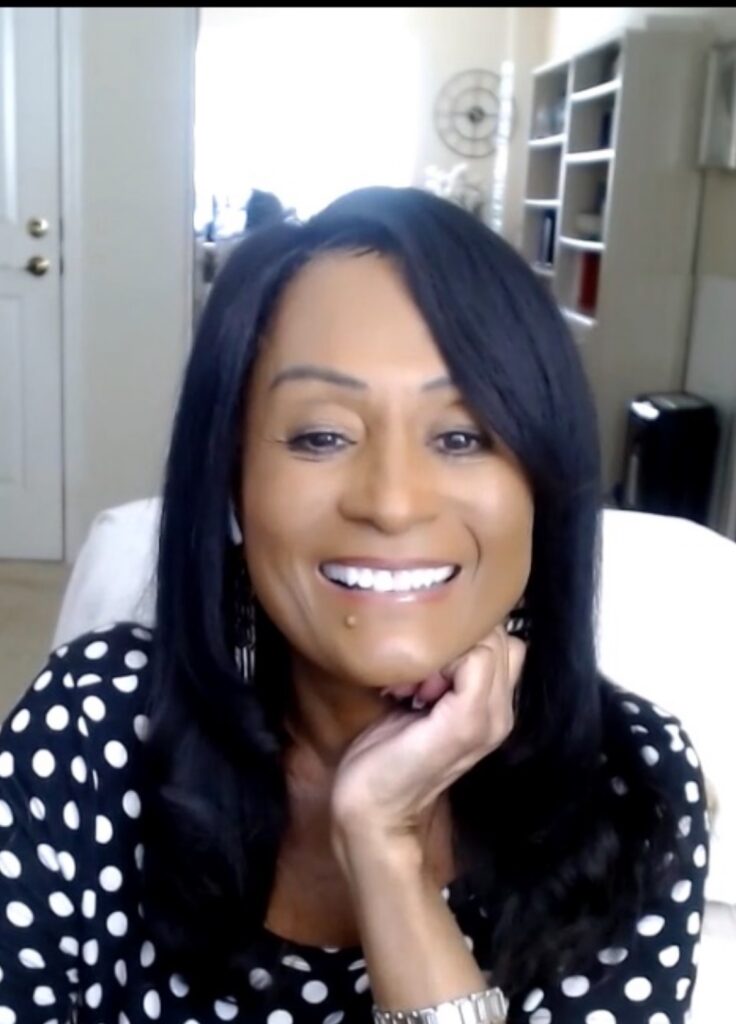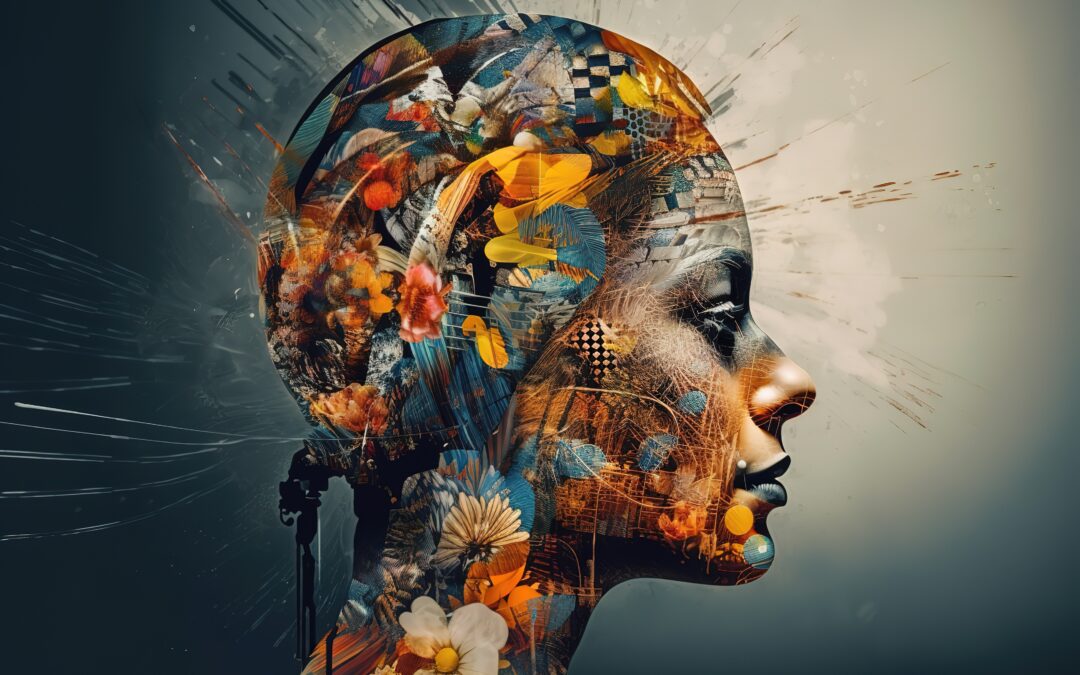AI and Patents. Understanding Patent Law in the Age of AI.
Patents, along with Copyrights, Trademarks, Trade Secrets, and Rights of Publicity, are one of the five areas of practice that we call intellectual property law. It protects inventions, systems, methods, processes, and certain types of plants. Therefore, it’s not a surprise that we are at the point where the courts and legislators are being pushed into redefining what constitutes an “inventor” and how IP rights are allocated in the AI space. Is there a relationship between AI and Patents? Should there be?
What is a Patent?
A patent is a limited legal right granted to an inventor of a nonobvious, novel, and useful discovery or invention. A patent grants an inventor the right to exclude others from exploiting, using, manufacturing, making, or selling a patented work for a specified period of time. Typically, a patent lasts for 20-years, however that depends on the type of patent and when the application was filed.
Elements of a Patent.
- Novel: The invention must be new, not previously known or used.
- Non-obvious: The invention should not be obvious to someone skilled in the relevant field.
- Utility: The invention must have a practical or useful application.
AI and Patents.
A recent groundbreaking case is challenging the way we define IP ownership, especially regarding artificial intelligence. The case is Thaler v. Vidal and its central issue is whether a non-human, computer-generated creator of an invention can own the patent in that invention. Professor Stephen Thaler, a Missouri-based inventor and Artificial Intelligence researcher, has become the catalyst for opening up the conversation. There have been many scholarly articles written about this case. His effort to get U.S. courts, the United States Patent and Trademark Office (USPTO), and the United States Copyright Office to allow an artificially intelligent (AI) creator to own intellectual property as so far met with a resounding NO! With the filing of a number of lawsuits in the European Union, Australia, and the United States, he contends that content created by his AI system, DABUS, should be deemed the inventor of its computer-generated inventions. DABUS stands for “Device for the Autonomous Bootstrapping of Unified Sentience.”
Last April, the U.S. Supreme Court declined to grant certiorari to hear Professor Thaler’s challenge to the USPTO’s refusal to issue patents that Professor Thaler’s AI system created. As it currently stands, the law provides that copyrightable content and patentable inventions can only be deemed created by human beings, not computer-generated inventors. For that reason, Professor Thaler’s AI system, Dabus, could not be considered the creator of any invention.
What Does This Mean for Future AI Related Patents?
It means that until the high court agrees to address the issue or Congress agrees to create a statutory remedy, the current law stands. That only a natural person can be the creator of an invention. The outcome of this case has significant implications. It means lower federal court rulings stand. This decision reaffirms the traditional view that intellectual property creation is a human-centric activity. The ruling emphasizes that, as of now, AI cannot hold patents because it cannot legally be an inventor.
Impact on Human Inventors.
For human inventors, this ruling offers good news. First it means a human creativity and ingenuity remain at the forefront of patentable inventions. In a new examination guide recently published by the USPTO, the government clarifies when a patent can be granted for an AI generated invention. The USPTO provides while an AI tool cannot, itself own an invention, AI assisted inventions created by human hands can be protected by a patent.
What is the Take Away?
While AI cannot be the sole owner of an invention, AI can assist in the creation of an invention and potentially be eligible for patent protection.

Francine D. Ward
Attorney-At-Law, Author, Speaker
Follow Francine:
Don’t miss Francine’s Latest Blogs:
- Publishing contractsPublishing contracts The publishing contract is an agreement that defines the relationship between an author and her publisher. Publishing contracts typically contain elements that speak to territory, rights, ownership, financial… Read more: Publishing contracts
- What is a Habit?As we enter springtime, you may feel far away from your New Year’s resolution. That may be because of the success rate of NYE resolutions. In fact, January 17 is… Read more: What is a Habit?
- Common Contract MistakeCommon Contract Mistake #1. Not Having Written Agreements with EVERYONE You Do Business With. Common contract mistake. Without question, the most common contract mistake is not having the terms of… Read more: Common Contract Mistake
- AI and PatentsAI and Patents. Understanding Patent Law in the Age of AI. Patents, along with Copyrights, Trademarks, Trade Secrets, and Rights of Publicity, are one of the five areas of practice… Read more: AI and Patents
- Effective Goal SettingSetting Goals. It’s that time of year, time to plan for effective goal setting. A time when some of us start thinking about goals for the upcoming year. If you… Read more: Effective Goal Setting











